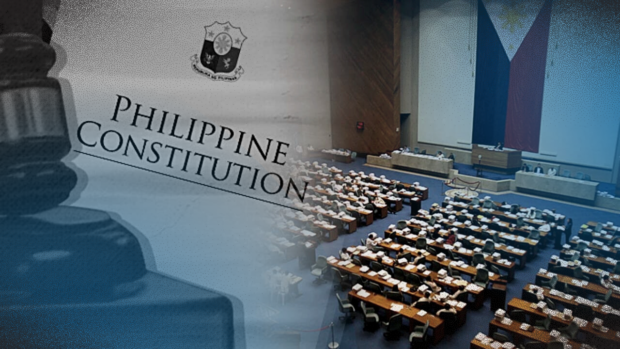
INQUIRER FILE PHOTO
MANILA, Philippines — Don’t just amend the economic provisions in the charter, delete it.
During the Senate committee on constitutional amendments and revision of codes public hearing in Davao City on Thursday, Julian Payne, who represents the Joint Foreign Chambers of the Philippines, said they are pushing to scrap all economic provisions in the 1987 Constitution.
“We believe, in fact, that the best position would be to delete the economic provisions–all of them from the Constitution–and reset this in laws approved by Congress. If that is not possible, we support the position that is basically taken in the resolutions that you should add, unless otherwise provided by law, to each and every one of the economic provisions,” he said.
Payne pointed out that the coalition is rooted on the belief that “if you want to increase foreign direct investment for transfer of dollars, transfer of technology [and] future trade then, you should minimize the restrictions, and you should choose a means where it’s able to adjust very quickly and very flexibly to rapidly changing external conditions.”
He further argued that removing economic restrictions from the Constitution will allow Congress to aptly and immediately adapt to changes in internal and external contexts.
“There are two different issues–one is the degree of the restrictions, which could vary depending on what your vital issues are, and the second is the ability to respond and adjust, and that’s where you get into the hardcore issue on whether it should be in the Constitution or it should be in a specific law approved by Congress or in an executive order,” Payne said.
Senator Robin Padilla, the main proponent of the charter change bid in the upper chamber, echoed Payne’s sentiments as he underscored the need to give Congress the flexibility to pass laws that are aligned with the times.
Talks on proposed charter change recently erupted in both chambers of Congress as several lawmakers raised the need to relax economic restrictions in the Constitution.
But the main movers for constitutional amendments in the Senate and the House–Padilla and Cagayan de Oro Rep. Rufus Rodriguez–said they are not closing the door on discussions concerning political changes in the charter.
This, however, was met with opposition as their colleagues questioned the urgency and need for charter change against the backdrop of other pressing economic issues such as low wages, skyrocketing inflation and rising prices of basic commodities.
READ: Senate, House clash over charter change mode
President Ferdinand “Bongbong” Marcos Jr. has said that amending the Constitution is not among the priorities of his administration since foreign investments can still be secured sans charter change.
READ: Charter change not needed to get foreign investments – Marcos
The 1987 Constitution was crafted by the convention created after Marcos’ father and namesake, then-President Ferdinand Marcos Sr., was ousted from office.